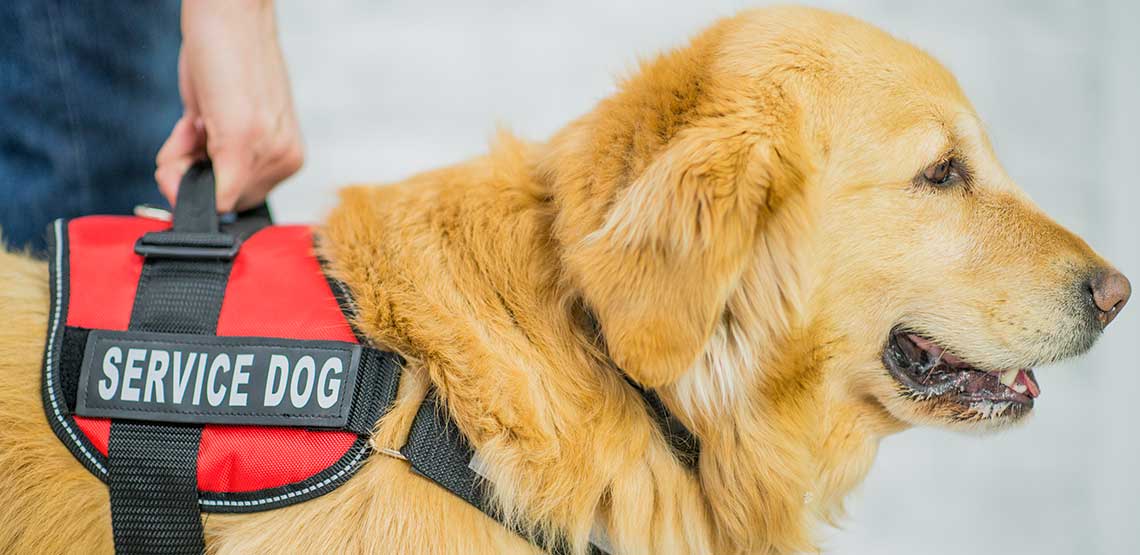Training Therapy Dogs
If your dog is good-natured and loving and you are willing to share it, it could bring much comfort to others as a therapy dog. People who are elderly, in pain, recovering from illness or undergoing other problems love to hold and pet therapy dogs, which in turn lowers their blood pressure and eases stress. The most important characteristic for your dog to have is an excellent temperament. Things such as loud noises, hugs from strangers and changing environments should not bother it.
Therapy Dog Services
Pet therapy dogs visit hospitals, nursing homes and schools. For those in a hospital setting, a therapy dog brings comfort to both adult and young patients. Besides spreading love, therapy dogs can provide a distraction from pain and often help someone get through physical therapy. Doctors have found that movement, speech and cognitive functioning are also improved in patients visited by a therapy dog.
In retirement homes, pet therapy dogs improve the interaction older adults have with visitors and staff. They have a positive effect on depression, reduce boredom and lower anxiety. When pets are introduced into a clinical environment, even medication costs have been known to decrease.
You May Also Like:
Related Search Topics (Ads):
Therapy dogs in schools teach children to be gentle and caring. It is especially helpful for children who have behavioral problems or are just learning to read. In this situation, children are better able to relate to the animal and show marked improvement in academics.
Therapy Dog Training
Each state has its own requirements, but generally therapy dogs training must include the American Kennel Club's "Canine Good Citizen Certificate." This requires the dog to display good temperament and manners as well as demonstrate no tendencies toward fear or aggression. Your pet will also have to follow some basic commands, such as "sit," "lie down," "come" and "stay." Your local animal shelter, humane society or recreation center can tell you who administers the CGC test in your area.
Once you have obtained the certificate, join a local or national therapy dog group with local chapters, such as Therapy Dogs International. This organization regulates, tests and registers therapy dogs and their volunteer handlers. They will evaluate and certify your dog, and offer group liability insurance. Your dog must be at least one year old and will be tested by a certified evaluator. Certified therapy dogs are very much needed and appreciated. And, their volunteer handlers can get just as much satisfaction as their canine pals.

